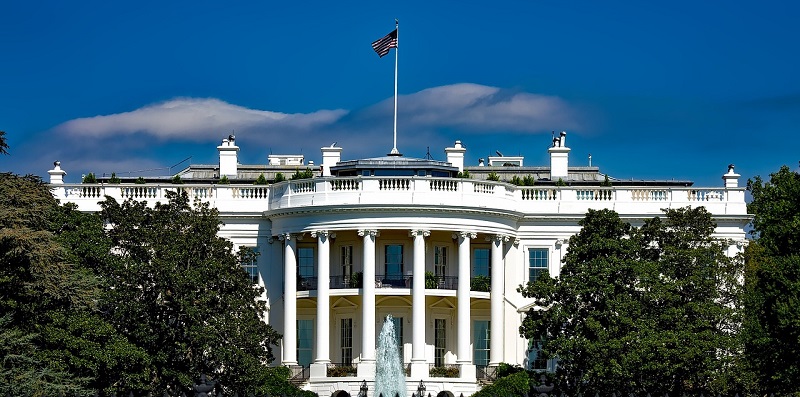Artificial intelligence (AI) has emerged as a powerful and transformative technology, revolutionizing knowledge production and problem-solving. Comparable in impact to the written word and the printing press, advanced AI systems like GPT-4 are pushing the boundaries of what machines can achieve. While AI holds immense potential to improve lives and tackle global challenges, there are also concerns about false information, bias, misuse, and even potential risks such as the development of bioweapons or cyberattacks. In light of these opportunities and risks, the United States, as a leader in the AI revolution, holds the responsibility to shape its governance and lead the way in international cooperation.
Potential benefits and concerns of AI
AI offers numerous benefits, transforming various aspects of society. In knowledge production, AI systems like GPT-4 enable machines to generate original content and contribute to a wider dissemination of information. They can efficiently solve complex problems, assisting in fields such as medicine, climate research, and even space exploration. Furthermore, AI has the potential to address major global challenges, including cancer treatment, climate change mitigation, and food insecurity, by providing valuable insights and enhancing decision-making processes. However, the unchecked proliferation of AI also poses concerns. The AI-generated information could inadvertently propagate false narratives, reinforce bias and discrimination, and influence public opinion. Additionally, there is a risk of AI being misused for oppressive purposes, such as social control or mass surveillance. Moreover, the potential weaponization of AI in the form of bioweapons or cyber attacks raises serious security and ethical concerns. It is crucial to strike a balance between harnessing the benefits of AI and mitigating these risks.
The role of the United States in AI governance
As a leader in the AI field, the United States has a pivotal role in guiding the development, deployment, and governance of AI technologies. The government has already taken significant steps in this regard. It has established a Blueprint for an AI Bill of Rights, emphasizing the need for ethical and responsible AI practices. Moreover, the AI Risk Management Framework has been developed to safeguard users and ensure trustworthiness in AI systems. Recently, President Joe Biden announced commitments from leading companies to enhance the safety, security, and trustworthiness of AI. These commitments aim to address concerns regarding transparency, accountability, and fairness in AI technologies. By fostering public-private collaboration, the United States is actively working towards building a robust and inclusive AI governance framework.
International Cooperation in AI Governance
Recognizing the global nature of AI and its impact on societies worldwide, the United States is committed to international cooperation in shaping AI governance. Through participation in international forums such as the G7 and the US-EU Trade and Technology Council, the US seeks to expand and internationalize its commitments. These platforms provide opportunities for collaboration, knowledge-sharing, and the development of common standards and guidelines for AI governance. Equally important is the engagement with developing countries. The United States acknowledges the significance of their voices in the global AI discussion. By actively involving these countries, the US aims to ensure inclusive and fair governance frameworks that represent the diverse needs and perspectives of all nations.
The future of AI rests upon collective action. No single country or company can shape the trajectory of AI alone. It requires the collaboration, cooperation, and commitment of governments, private entities, researchers, and civil society. The United States, as a leader in the AI revolution, holds the responsibility to guide AI governance and set clear ethical and responsible standards. Through domestic initiatives and international partnerships, the US is taking significant strides in addressing the potential benefits and concerns associated with AI. By seeking inclusiveness and engaging with developing countries, the US is building a global AI governance framework that ensures ethical practices, safeguards against risks, and maximizes the potential of AI to improve lives and tackle pressing global challenges. Together, through collective efforts, we can shape the future of AI for the betterment of humanity.

